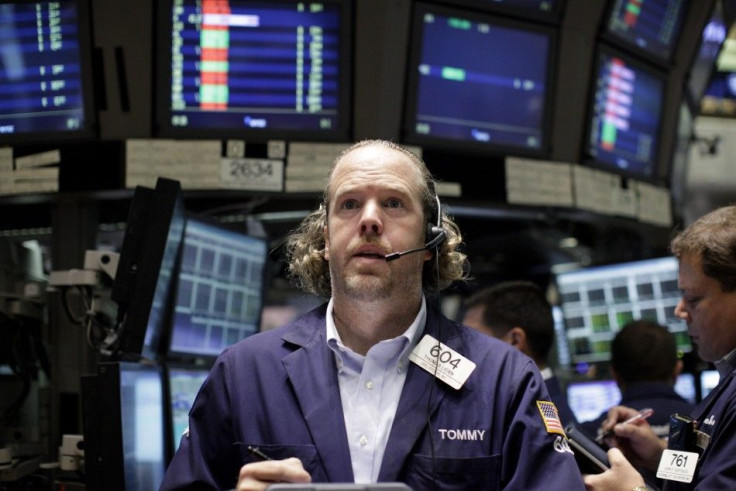S&P Downgrade: Is It Time to Sell Your Stocks?
Column

The question no doubt on nearly every investor's / reader's mind is, "How will Standard & Poor's (S&P) downgrade of the U.S. Government's credit rating affect the U.S. stock market?
Further, while they'll be no shortage of opinions and analyses on the above, the hard, complicated truth of the matter is that, at least until more data points are collected regarding the validity of S&P's evaluation, no one can predict with certainly how the decision will affect the U.S. and global stock markets, long-term.
And a major reason that's the case is that no one can predict with any certainty whether S&P's decision will hold.
So far, the other, major ratings agencies of sovereign debt, also known as government debt, Moody's and Fitch, have not followed suit.
Moody's has warned that it may downgrade the U.S. Government...but it hasn't downgraded the nation yet. Meanwhile, Fitch said Monday that it expects to finish its review of U.S. sovereign credit rating by the end of August, wsj.com reported Monday.
'Don't Just Do Something, Stand There!'
Add it up and what's the appropriate stance for the typical U.S. investor?
Don't do a thing. At least not right now.
But, you say, the stock market as measured by the Dow Jones Industrial Average, has dropped 300 points more since S&P's announcement -- it was down 348 point on Monday at mid-day -- and the market was already trending lower on the tepid U.S. economic recovery before the U.S. Government downgrade; why stay fully invested if the market appears to be headed lower?
Well, as noted, if you have a major purchase/payment coming up (home down-payment, child's college tuition, etc.) or if you plan to retire in a year, now would be good time to reduce your exposure to stocks, to capture the current stock value, and protect against a Dow drop to 10,000 or even 9,000 or 8,000.
If you're not in that category, but your investment horizon is shorter than two years, likewise, you should not be in the stock market, because short-term, a dozen idiosyncratic factors could push a stock down, and it would have nothing to do with the health of the company, sector, or U.S. economy.
However, if your investment horizon is longer than two years, and you won't face a big purchase/payment soon, and you can tolerate the risk associated with stocks, the calculation is to remain fully-invested in the stock market.
And the reason should be obvious enough: with a Dow at/near 11,000 and an economic/financial landscape this complicated, 300-point, even 500-point Dow moves in a day are not unusual.
But, you counter, aren't those pretty big stock value losses to take? Indeed they are, but keep in mind, the drops could be an overreaction: the market could rebound by almost as much, if additional evidence indicates the S&P downgrade was wrong, or premature.
Axiom: Patience Is a Virtue
Finally, keep in mind that a large portion of the money in stock investing is made when things look most dire.
In other words, after almost every large stock market plunge, stock bargains appear: some stocks will be "on sale." It's like the price of new car dropping 10 or 15 percent.
Moreover, there's an old Wall Street axiom that goes, "You should be buying when everyone is selling, and selling when everyone is buying."
Again, underscoring, those bargains or stock gains are most likely to be realized if you can invest in stocks for at least two years.
And keep these other Wall Street axioms in mind:
"Sell reluctantly."
"Don't run for cover every time the market experiences a hiccup."
"Warren Buffett makes most of his money in stocks by looking for quality companies that are undervalued. Then he buys. Then, he waits."
© Copyright IBTimes 2024. All rights reserved.



















